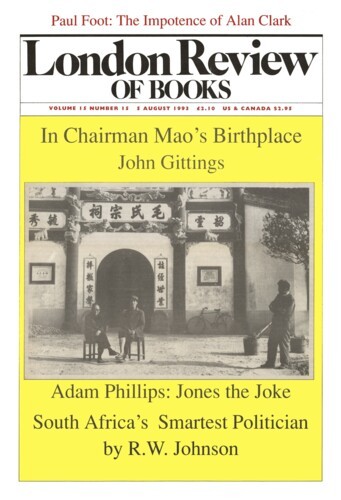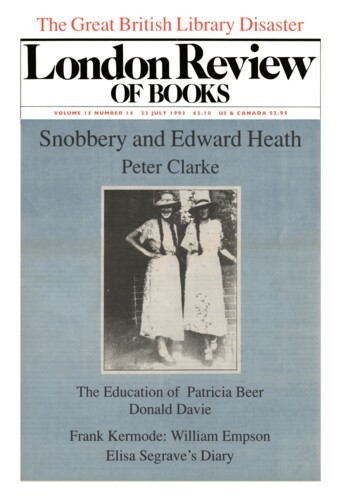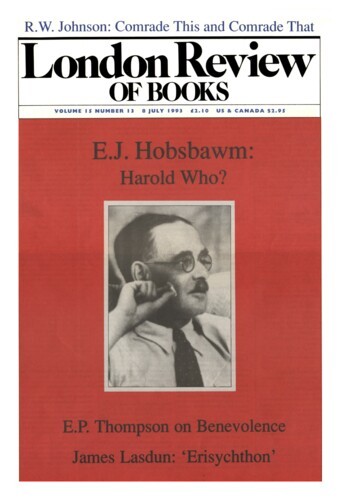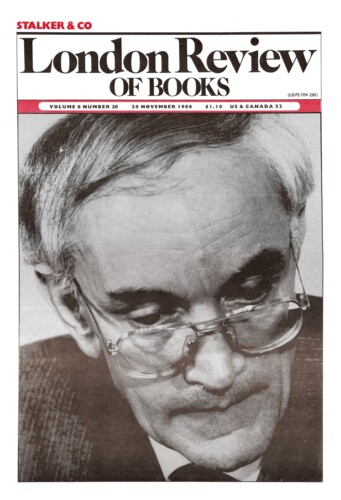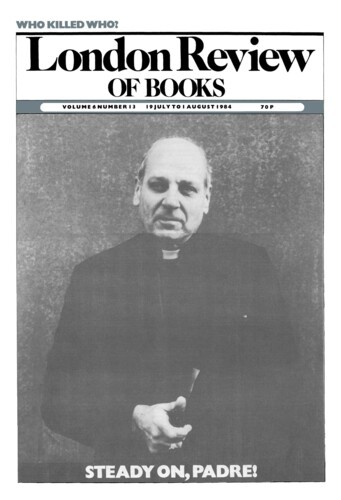Colin Legum
Colin Legum editor of Africa Contemporary Record and co-editor of the Middle East Contemporary Survey, is the author of The End of Haile Selassie’s Empire and of The Continuing Conflict in the Horn of Africa.
Johnson’s South Africa
22 July 1993
Johnson’s South Africa
8 July 1993
World Policeman
Colin Legum, 20 November 1986
Because Americans have never quite made up their minds about whether they want to play the role of ‘world policeman’ or to restrict themselves to policing their own hemisphere under the writ of the Monroe Doctrine, US foreign policy has changed in pendulum swings. In the post-Vietnam/post-Nixon mood which brought Jimmy Carter to the White House, it swung quite a long way against interventionism, and even conservative Republicans like California’s Governor, Ronald Reagan, fulminated against the idea of America being expected to act as policeman for the world. Sickened by exposures of Nixon’s misuse of the CIA, Congress asserted itself in the mid-Seventies, appointing its own committee to share with the Executive political control over the Agency’s operations, and passing the Clark Amendment which forbade clandestine support for movements such as Unita, the Union for the Total National Independence of Angola.
Mutatu Mutandis – or, Worse News at the ‘Observer’
Colin Legum, 19 July 1984
Fleet Street is a raging, under-reported battlefield. For most of the time it’s hard to discover what is going on, and even harder to know how much will be left of Britain’s national newspapers, or what state they will be in, at the end of the current battle of the tycoons. Most of these tycoons have little or no knowledge of owning or managing newspapers, and many of them are foreigners. There is no rule to prevent any foreigner from buying a British national paper, and Colonel Qadhafi himself tried to do so in the case of the Observer.
Read anywhere with the London Review of Books app, available now from the App Store for Apple devices, Google Play for Android devices and Amazon for your Kindle Fire.
Sign up to our newsletter
For highlights from the latest issue, our archive and the blog, as well as news, events and exclusive promotions.
